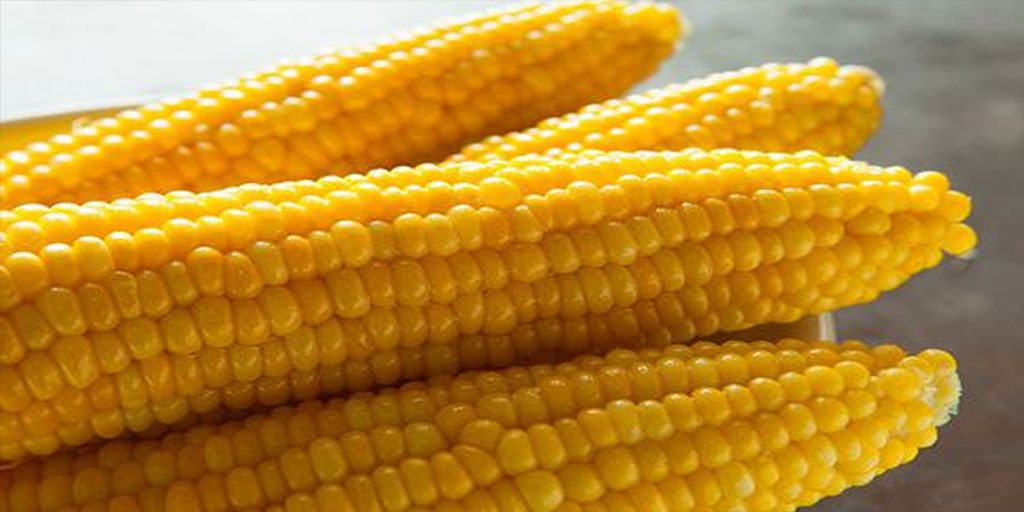

15th January 2023
What Is the Nutritional Value of Corn?
BY
Corn is a very special food, falling into not just one food category, but two. The kernels you eat off the cob are classified as vegetables, but if you dry and pop those kernels into popcorn it is considered a grain. Corn is also a nutritional powerhouse, rich in antioxidants and fiber. If you're looking for a yellow or white vegetable to add to your veggie rainbow, corn offers a lot of nutritional value.
A Word About GMOs
Some of the corn you find at grocery stores and farmer's markets may be genetically modified, which means the corn has been genetically engineered to resist herbicides and make its own insecticide. The primary concerns people have about eating genetically modified foods include allergic reaction to the gene, the transfer of the gene from the genetically modified food to your body and the transfer of the modified gene to other crops. You can avoid genetically modified corn by buying organic corn and corn products.
Improves Blood Pressure
Eating corn may help lower blood pressure. One cup of yellow corn contains 392 milligrams of potassium, and 1 cup of white corn contains 416 milligrams. Getting more potassium in your diet can improve blood pressure. The American Heart Association recommends 4,700 milligrams a day. Eating corn, whether yellow or white, can help you meet your daily needs. However, eating foods high in potassium isn't good for everyone, specifically older adults and people with kidney disease. If you're not sure about your potassium needs, talk to your doctor.
Rich in Antioxidants
Like other vegetables, corn can help you fight the fight against cell damaging free radicals, and may decrease your risk of heart disease, cancer and other diseases .According to Meals on Wheels West in Los Angeles, corn is a better source of antioxidants than wheat, rice or oats. The antioxidants found in corn include carotenoids, vitamin C and vitamin E.
Good for Your Eyes
Corn contains carotenoids that are especially good for your eyes: lutein and zeaxanthin. As antioxidants, lutein and zeaxanthin protect the healthy cells in your eyes against damaging high-energy blue wavelengths of light. The American Optometric Association reports lutein and zeaxanthin may help protect you from developing chronic eye diseases such as macular degeneration and cataracts, and eating foods rich in these nutrients, like corn, is recommended.
Alleviates Constipation
A 1 cup serving of yellow corn has 3.9 grams of fiber, and the same serving of white corn has 4.2 grams of fiber. Most of the fiber in corn is insoluble fiber. Insoluble fiber adds bulk to stool and may help prevent constipation. It also helps rid your body of toxins faster.




